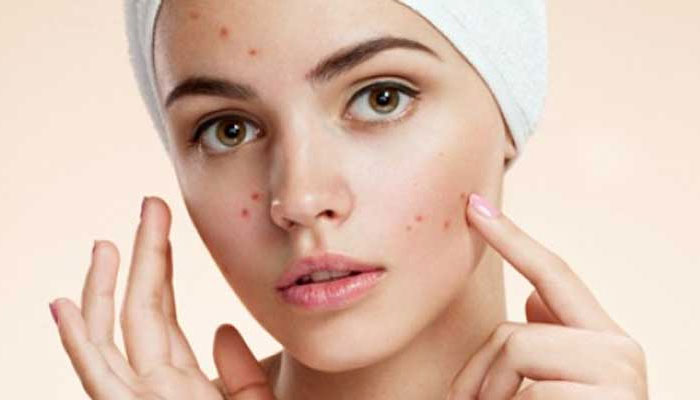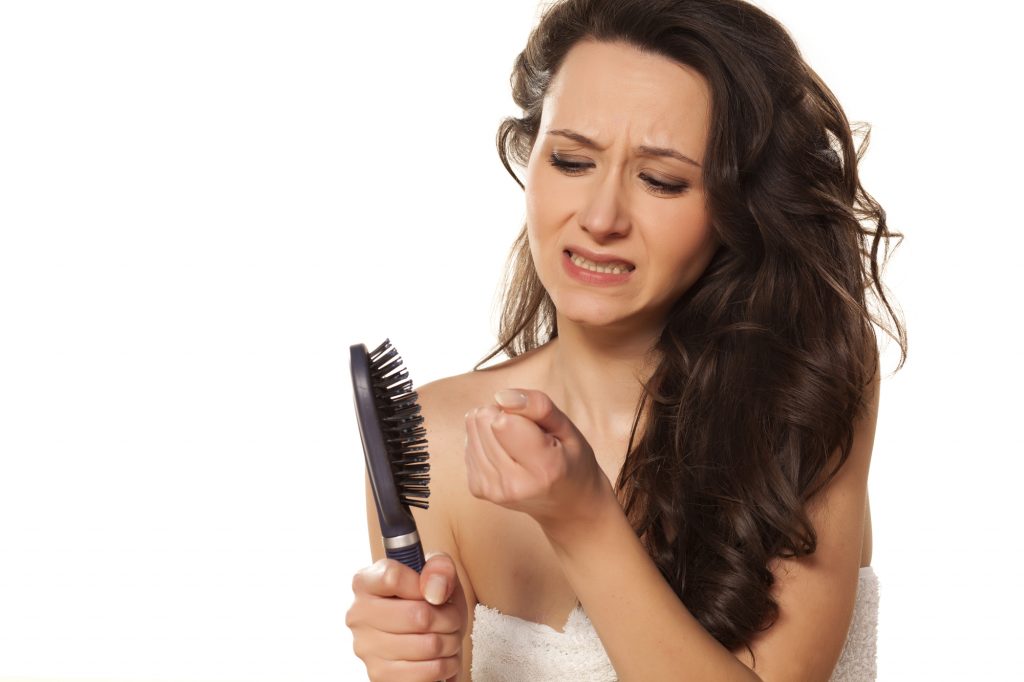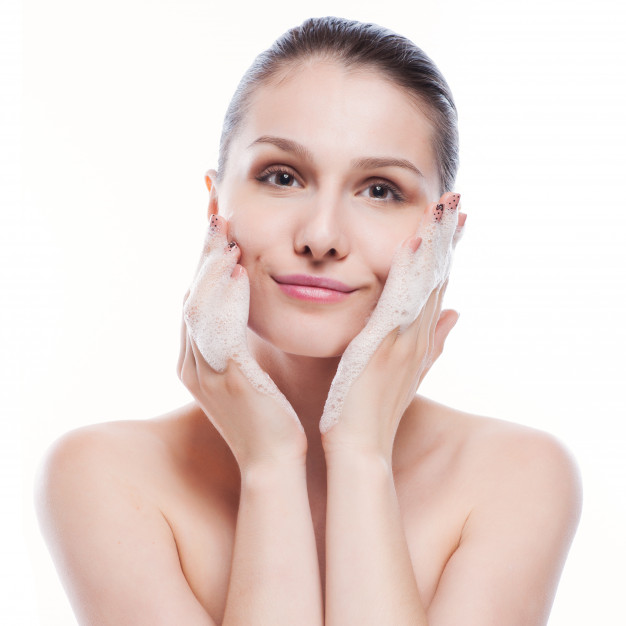Probiotics are good bacteria that will help your body to stay healthy. These microorganisms can be found in either fermented foods, like the Korean side dish Kimchi and Kefir, or in supplements like Culturelle Digestive Health Probiotic and Florastor. When ingested, probiotics eliminate harmful bacteria and restore the gut flora. In addition to their various health benefits, friendly bacteria can also improve the skin’s natural balance.
In this article, let’s see how including probiotics in your diet can be an effective beauty weapon.
How Do They Work For The Skin?
Does the Brain-Gut-Skin Theory ring a bell? Through a set of principles, researchers explain that someone’s emotional state, including stress and depression, can increase the number of harmful bacteria in the gut. Consequently, this alters the gastrointestinal tract’s way of functioning, which increases inflammation in the bloodstream and can lead to several skin conditions.
Here are some skin benefits:
1. Reduce Skin Inflammation

Eczema and acne are often considered as consequences of high inflammation levels in your metabolism. As mentioned earlier, probiotics can act as an anti-inflammatory treatment. When you provide your body with these good bacteria, it, in turn, has a calming and enhancing effect on your skin.
2. Youth Prolonged
We’ve all dreamed about finding an elixir of youth that will prevent us from aging! While this concept remains a utopia, one benefit of taking probiotics, however, does not stand far from achieving eternal youth. These microorganisms help in building collagen that keeps your skin structure healthy and its surface smooth.
Since probiotics also reduce inflammation, your skin will develop more resistance against sunlight, hence preventing the early appearance of fine lines and wrinkles.
3. Hydrate The Skin

Your skin is the largest organ that you have, and like any other organ, it has to be hydrated to function properly. Consuming probiotics help in reinforcing your skin barrier, hence making it more resilient and reducing water loss. As your skin is nourished thanks to these microorganisms, it looks healthier and more radiant with a natural glow.
4. Clear Oily Skin
If your skin produces a high amount of oil, it is more likely to be prone to breakouts and clogged pores. Probiotics can help in treating these skin conditions due to their hydration properties. Since they help maintain water and moisture in the skin, these bacteria also act as cleansers and purifiers. Indeed, as your skin becomes healthier, its pH is restored and does not produce an excess of sebum anymore, hence keeping it clear from pimples.
5. Regrow You Hair

Are you suffering from hair loss? Probiotics might help as your face will not be the only area that will benefit from your healthy bacteria intake! Your scalp will too! When its microflora will be regulated, hair growth will be optimized. A study conducted on mice showed that the small rodents had shinier and thicker fur when they were fed with probiotic yogurt.
From Which Food Can You Get Probiotics?
These days, probiotics supplements are becoming more popular and there is a broad choice available on the market. We advise you to consult your doctor if you opt for this type of probiotic intake.
On the other hand, you can also get these friendly bacteria from fermented foods. Below you will find some examples of probiotics foods that you may want to add to your diet.
- Yoghurt: Yogurt, which is made from fermented milk, naturally contains probiotic nutrients that make your digestive tract stronger. Some Greek yogurts also contain extra probiotics, such as Lactobacillus acidophilus and Lactobacillus casei, which can boost the good bacteria in your gut.
- Kefir: While Yoghurt is a well-known probiotic food, Kefir is a more potent source of these bacteria. This drink is made by adding grains of lactic acid bacteria and yeast to goat’s or cow’s milk.
- Kimchi: This spicy and fermented Korean side dish is usually made with cabbage, red chili pepper flakes, scallion, ginger, salt and garlic. The preparation also contains lactic acid bacteria, which makes it a good source of probiotics.
Have you tried Probiotics to improve your skin health? We would love to hear from you! Share your feedback in the comments below.



